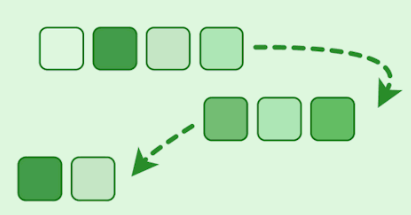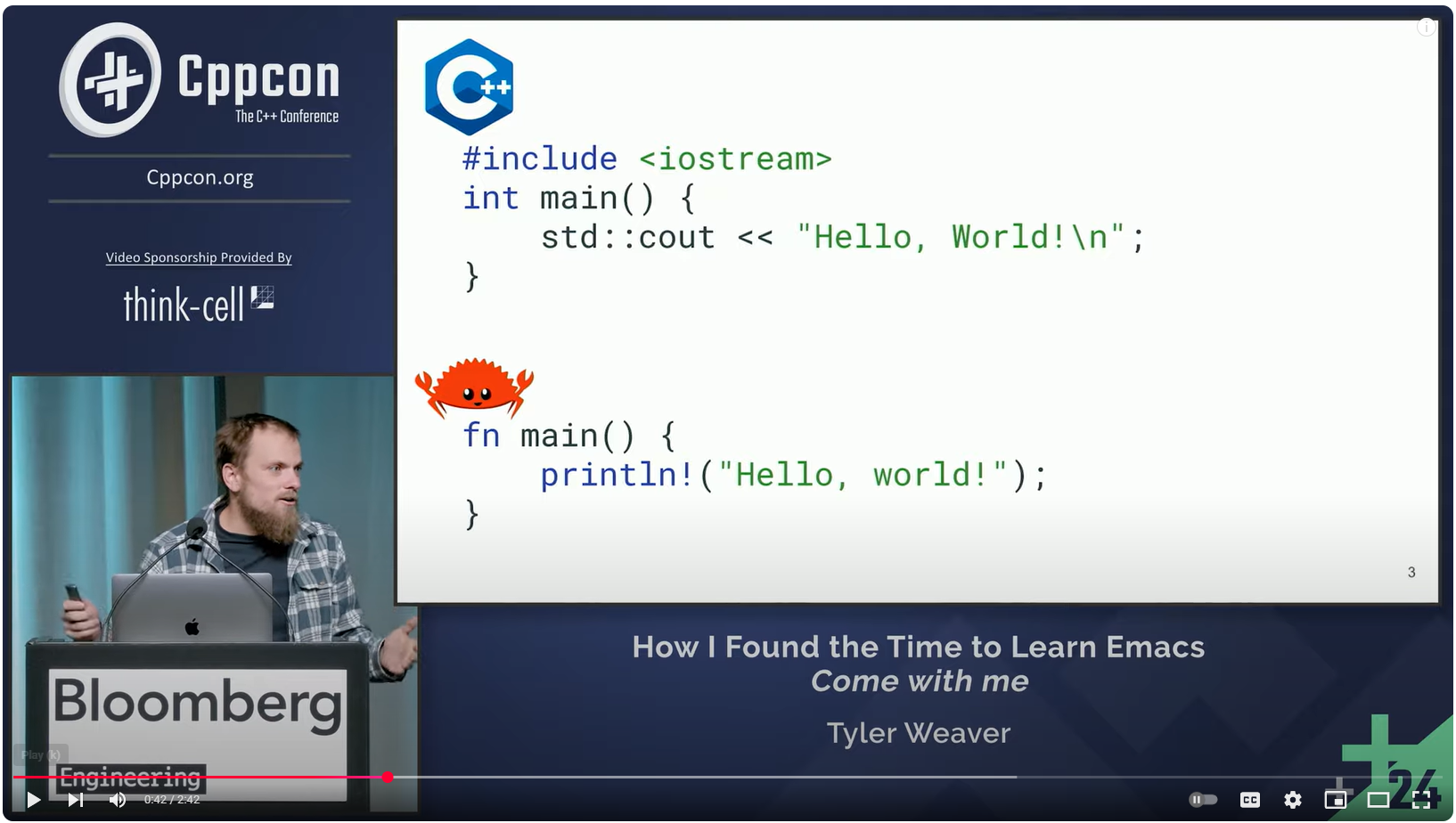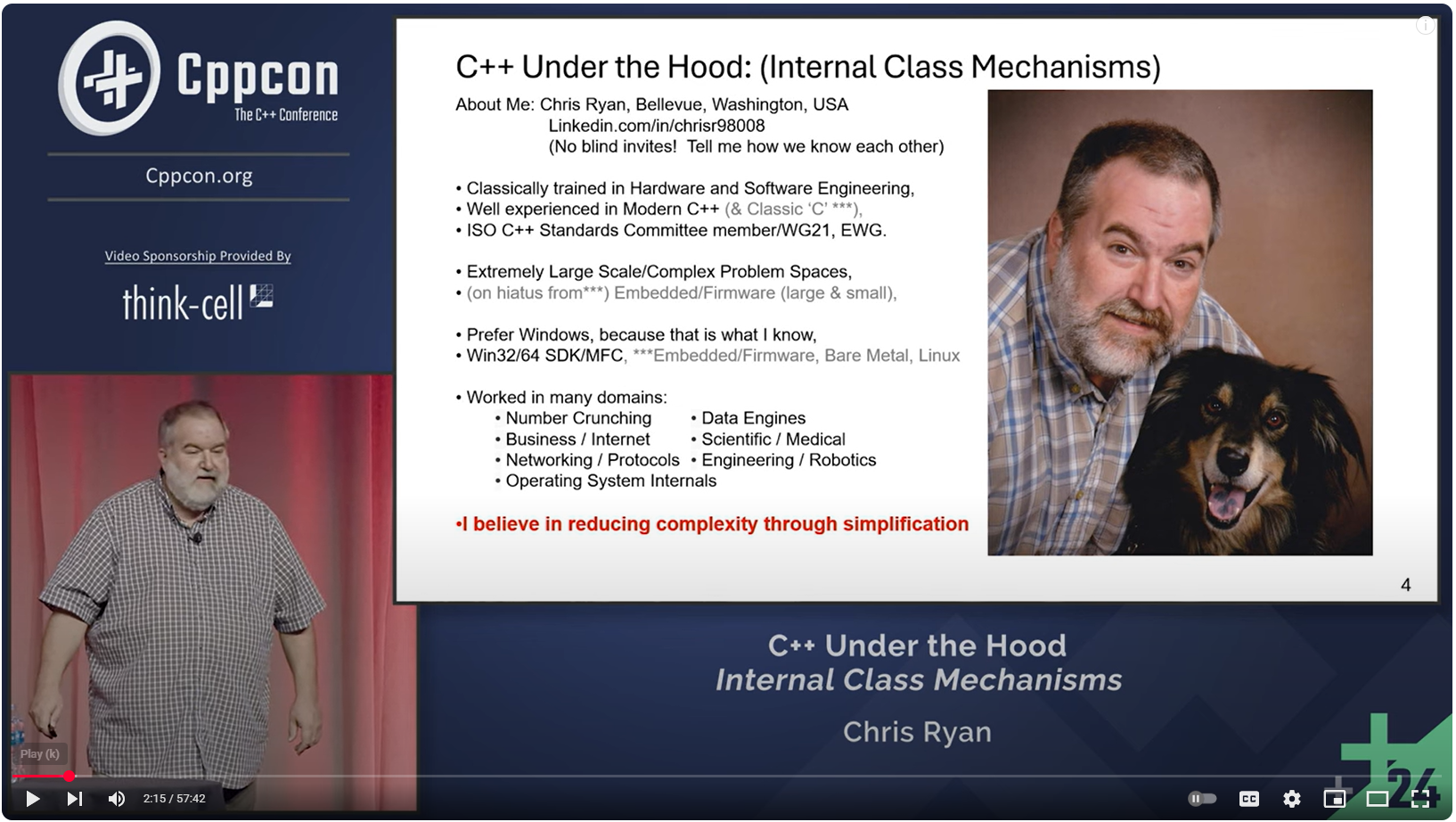CppCon 2024 Cost of C++ Abstractions in C++ Embedded Systems -- Marcell Juhasz
 Registration is now open for CppCon 2025! The conference starts on September 15 and will be held in person in Aurora, CO. To whet your appetite for this year’s conference, we’re posting videos of some of the top-rated talks from last year's conference. Here’s another CppCon talk video we hope you will enjoy – and why not register today for CppCon 2025!
Registration is now open for CppCon 2025! The conference starts on September 15 and will be held in person in Aurora, CO. To whet your appetite for this year’s conference, we’re posting videos of some of the top-rated talks from last year's conference. Here’s another CppCon talk video we hope you will enjoy – and why not register today for CppCon 2025!
Cost of C++ Abstractions in C++ Embedded Systems
by Marcell Juhasz
Summary of the talk:
This session will feature detailed case studies that measure the overhead associated with common programming abstractions in the context of embedded systems. By examining both compile-time and run-time implications, attendees will gain valuable insights into how these abstractions impact system resources like memory usage and execution speed.
Key areas of exploration will include:
Encapsulation: Assessing the cost of data hiding and interface protection depending on implementation strategies.
Inheritance: Evaluating the costs and benefits of using class hierarchies in environments where memory and processing power are limited.
Polymorphism: Comparing run-time polymorphism via virtual functions to compile-time alternatives like templates and concepts, analyzing their respective impacts on performance and flexibility.Through empirical data and performance metrics, participants will observe how traditional object-oriented techniques affect resource utilization. The discussion will also cover the advantages and trade-offs of these techniques, providing a balanced view of their impact on embedded systems.
Designed for developers and system architects working within the constraints of embedded systems, this talk aims to provide valuable insights into making informed decisions about when and how to use specific programming abstractions. Attendees will leave with a clearer perspective on optimizing their code for maximum efficiency, armed with practical knowledge about the trade-offs involved in adopting various software design paradigms.

 C++ continues to refine its range library, offering developers more efficient and expressive ways to manipulate collections. In this post, we'll dive into three powerful range adaptors—
C++ continues to refine its range library, offering developers more efficient and expressive ways to manipulate collections. In this post, we'll dive into three powerful range adaptors— Registration is now open for CppCon 2025! The conference starts on September 15 and will be held
Registration is now open for CppCon 2025! The conference starts on September 15 and will be held  Registration is now open for CppCon 2025! The conference starts on September 15 and will be held
Registration is now open for CppCon 2025! The conference starts on September 15 and will be held  Registration is now open for CppCon 2025! The conference starts on September 15 and will be held
Registration is now open for CppCon 2025! The conference starts on September 15 and will be held  When trying to specialize a templated function for specific types, it’s easy to fall into subtle traps around how parameter types are matched. A colleague recently ran into this issue while attempting to specialize a function for a
When trying to specialize a templated function for specific types, it’s easy to fall into subtle traps around how parameter types are matched. A colleague recently ran into this issue while attempting to specialize a function for a  Registration is now open for CppCon 2025! The conference starts on September 15 and will be held
Registration is now open for CppCon 2025! The conference starts on September 15 and will be held  In this article, we review how
In this article, we review how